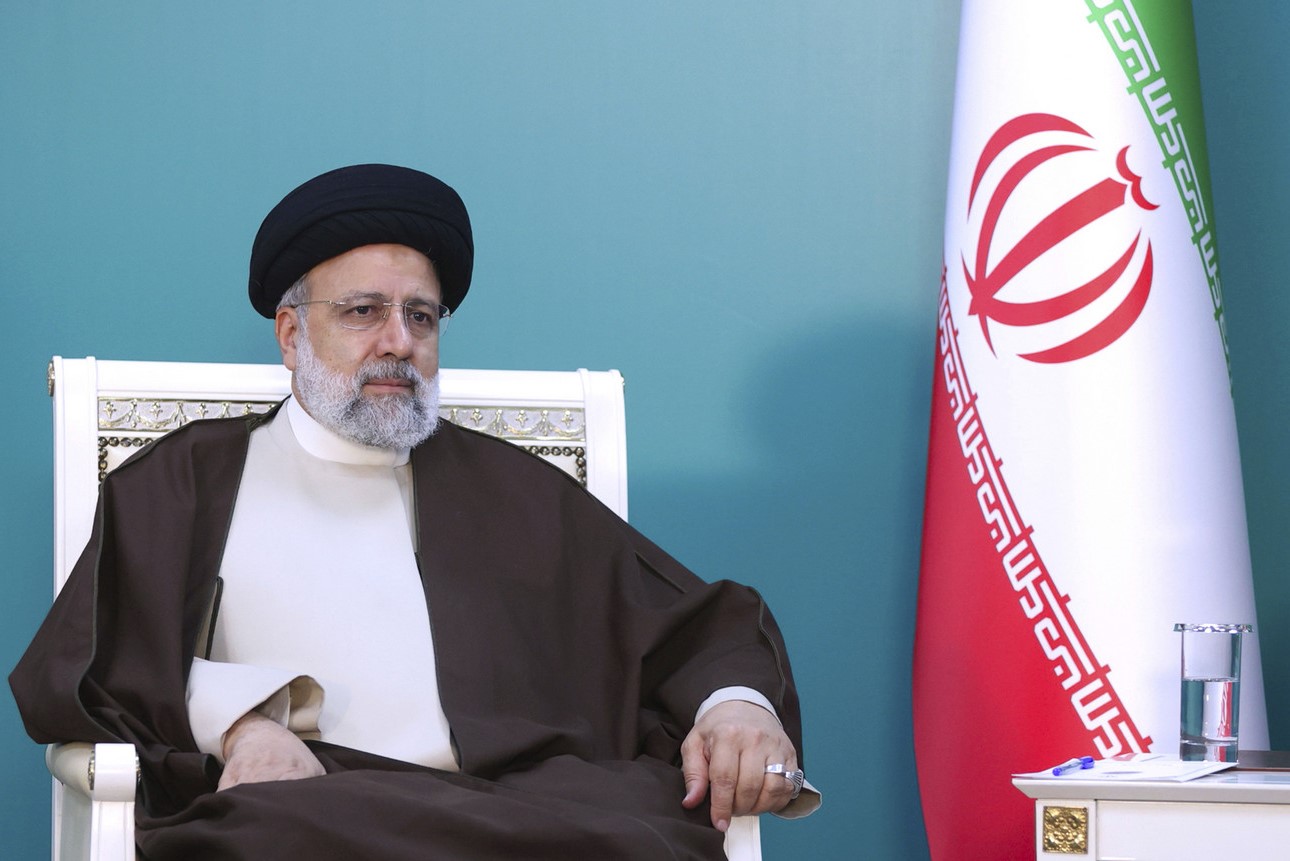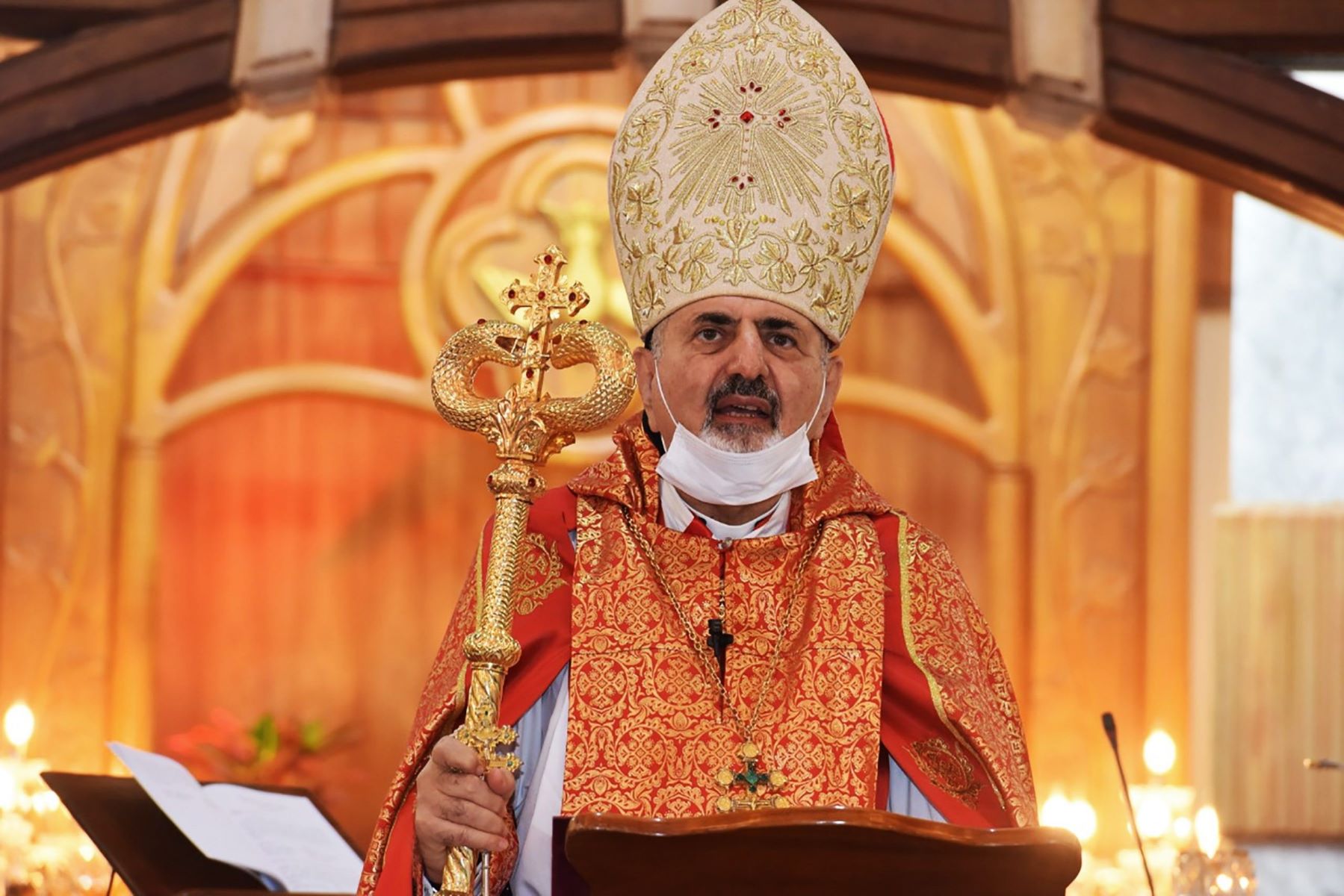
Ebrahim Raisi's ascent to Iran's presidency in 2021 marked a significant moment in the country's political landscape. Known for his conservative stance and deep roots in Iran's judiciary, Raisi's career has been both influential and controversial. From his early life in the northeastern city of Mashhad to his pivotal role in Iran's 1988 prison massacres, understanding Raisi requires delving into a complex blend of personal history, political ideology, and judicial actions. This introduction aims to shed light on 25 key facts about Ebrahim Raisi, offering insights into his rise within Iran's political hierarchy, his impact on domestic and international policies, and the implications of his leadership for Iran's future. Ebrahim Raisi's story is not just about a political figure but reflects broader themes of power, religion, and governance in contemporary Iran.
Who is Ebrahim Raisi?
Ebrahim Raisi, born on 14 December 1960 in Mashhad, Iran, is a significant figure in Iranian politics. Currently serving as the President of Iran, Raisi took office on 5 August 2021. His rise to power marks a pivotal moment in Iran's political landscape, reflecting the country's complex dynamics and its position on the global stage.
-
Ebrahim Raisi was elected as the 8th President of Iran in the 2021 elections, succeeding Hassan Rouhani.
-
Before becoming president, Raisi held several key positions within Iran's judicial and religious institutions. Notably, he was the Chief Justice of Iran from March 2019 until his presidency.
-
Raisi's early life was marked by religious studies. He attended the Qom Seminary in Iran, where he focused on Islamic law and jurisprudence, laying the groundwork for his future roles in the country's theocratic government.
Raisi's Political and Judicial Career
Raisi's career in Iran's political and judicial spheres is both extensive and controversial. His roles have given him a reputation as a hardliner within Iran's clerical establishment, advocating for conservative values and policies.
-
Throughout his career, Raisi has been associated with the conservative faction of Iranian politics, often opposing more liberal and reformist movements.
-
In 1988, Raisi was allegedly involved in the mass execution of political prisoners, a dark chapter in Iran's history that has attracted international criticism and scrutiny.
-
As Chief Justice, Raisi implemented reforms aimed at fighting corruption within Iran's judiciary. However, his tenure was also marked by increased restrictions on freedom of speech and the press.
Raisi's Presidency and Policies
Since taking office, President Raisi has focused on several key areas, including economic revitalization, foreign policy, and domestic affairs. His presidency comes at a time when Iran faces significant challenges, both internally and in its relations with other countries.
-
One of Raisi's primary goals is to lift US sanctions on Iran, which have severely impacted the country's economy. He advocates for a return to the 2015 nuclear deal, formally known as the Joint Comprehensive Plan of Action (JCPOA), from which the US withdrew in 2018.
-
Raisi's administration has prioritized strengthening ties with neighboring countries and other allies, aiming to create a united front against Western pressures.
-
On domestic issues, Raisi has promised to tackle unemployment and inflation by boosting national production and reducing reliance on oil exports.
-
His government has also faced criticism for its handling of human rights, particularly regarding the treatment of protesters and political dissidents.
Raisi's Impact on International Relations
Raisi's presidency has significant implications for Iran's international relations, especially with Western countries and regional neighbors.
-
His election has been met with skepticism by Western nations, particularly due to his alleged role in human rights abuses and his stance on the nuclear program.
-
Despite this, Raisi has expressed a willingness to engage in diplomacy to lift sanctions and improve Iran's economy, signaling a potential opening for negotiation.
-
Relations with countries in the Middle East have been a focal point of Raisi's foreign policy, with efforts to mend ties and collaborate on regional security issues.
-
Raisi's administration has also sought to deepen relations with Russia and China, viewing them as strategic partners in countering Western influence.
Personal Life and Public Perception
Ebrahim Raisi's personal life and public image are closely tied to his political and religious identity.
-
Raisi is married to Jamileh Alamolhoda, and they have two daughters. His family life is often highlighted in Iranian media to portray him as a devoted family man and a person of strong moral values.
-
Public perception of Raisi in Iran is polarized. Supporters view him as a champion of the poor and a defender of Islamic values, while critics see him as a symbol of authoritarianism and a threat to civil liberties.
-
Despite international controversies, Raisi maintains a base of support within Iran, particularly among conservative and rural populations who resonate with his message of national resilience and independence.
-
Raisi's presidency represents a continuation of Iran's conservative governance, emphasizing Islamic law, national sovereignty, and resistance to Western influence.
-
His leadership style is characterized by a focus on religious and nationalistic rhetoric, aiming to unify the country under shared values and goals.
-
Raisi's approach to governance reflects a broader trend in Iranian politics, where religious and national identity play central roles in shaping policy and public discourse.
-
As president, Raisi faces the challenge of navigating Iran through economic hardships, social unrest, and tense international relations, tasks that will define his legacy and Iran's future trajectory.
-
His tenure is being closely watched by both supporters and critics, as decisions made during his presidency will have lasting impacts on Iran and its place in the world.
-
Raisi's background as a cleric and judge influences his governance, merging religious authority with political power in a way that is emblematic of Iran's theocratic system.
-
His presidency is seen as a test of Iran's ability to balance conservative values with the demands of a modern state, including economic development, social freedoms, and international diplomacy.
-
Ultimately, Ebrahim Raisi's leadership is a reflection of the complexities and contradictions within Iranian society, embodying the tensions between tradition and change, isolation and engagement, authority and freedom.
A Final Glimpse at Ebrahim Raisi's World
Ebrahim Raisi's journey from a traditional cleric to Iran's presidency is a tale of resilience, controversy, and ambition. His story reflects the complexities of Iranian politics and its impact on global relations. Understanding Raisi's background, beliefs, and policies gives us insight into the potential direction Iran might take under his leadership. Critics and supporters alike watch closely as he navigates Iran's challenges, from economic sanctions to diplomatic relations. His presidency marks a pivotal chapter in Iran's history, influencing not just its citizens but also the broader Middle Eastern geopolitical landscape. As we've journeyed through the facts about Raisi, it's clear his influence extends far beyond Iran's borders, shaping discussions on international diplomacy, human rights, and regional stability.
Was this page helpful?
Our commitment to delivering trustworthy and engaging content is at the heart of what we do. Each fact on our site is contributed by real users like you, bringing a wealth of diverse insights and information. To ensure the highest standards of accuracy and reliability, our dedicated editors meticulously review each submission. This process guarantees that the facts we share are not only fascinating but also credible. Trust in our commitment to quality and authenticity as you explore and learn with us.


